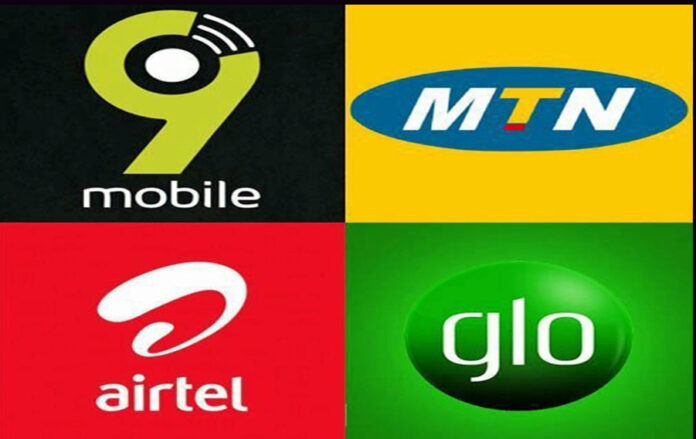Nigerians—particularly in the northern region—are grappling with hardship following a recent surge in telecom tariffs.
The Nigerian Communications Commission (NCC) recently approved a 50% increase in telecom charges, citing industry pressures such as inflation, rising diesel costs, and forex volatility. But the move, coming amid widespread economic distress, has triggered nationwide backlash, especially among those who rely heavily on affordable mobile services for daily survival.
For Zainab Idris, a single mother and food vendor in Kano, the new rates are crushing.
“I use my phone to take orders and receive payments,” she said. “Now, I spend double the amount for less data. It feels like we’re being punished just for staying connected.”
Her experience echoes the frustration of millions of Nigerians who depend on mobile data for work, education, and daily transactions. Many say the NCC has failed to protect consumer interests, choosing instead to support telecom companies.
Students, traders, and small business owners across the country are feeling the pinch.
Fatima Yusuf, a final-year student at Bayero University, expressed concern over her academic progress:
“I need the internet for research. But since prices went up, I’ve had to cut back. Sometimes I go days without data. How are we expected to learn?”
She added, “We’re used to adapting but this one hurts. Internet access is essential, not a luxury.”
Telecom providers argue that the hike is necessary for business sustainability. Though they initially lobbied for a 100% increase, the NCC approved 50% to ease the impact. Still, consumer groups, including the Nigeria Labour Congress (NLC) and SERAP, have condemned the decision. The NLC staged nationwide protests, while SERAP has filed a lawsuit, calling the move a violation of fundamental rights to communication and education.
Digital rights advocate Fadhila Nurudeen warns that the hike risks undermining Nigeria’s digital future
“Instead of expanding access, the government is making it harder for poor and rural populations to stay online.”
Even data vendors are seeing reduced foot traffic.
Hajara Isah, who sells airtime from a roadside kiosk, noted:
“Customers leave when they hear the new prices. Business is slow.”
With more public services and economic activity moving online, experts caution that rising data costs could deepen inequality, cutting off millions from vital digital platforms. If urgent action isn’t taken, internet access may soon become a privilege of the few in Nigeria’s sharply divided digital landscape.

